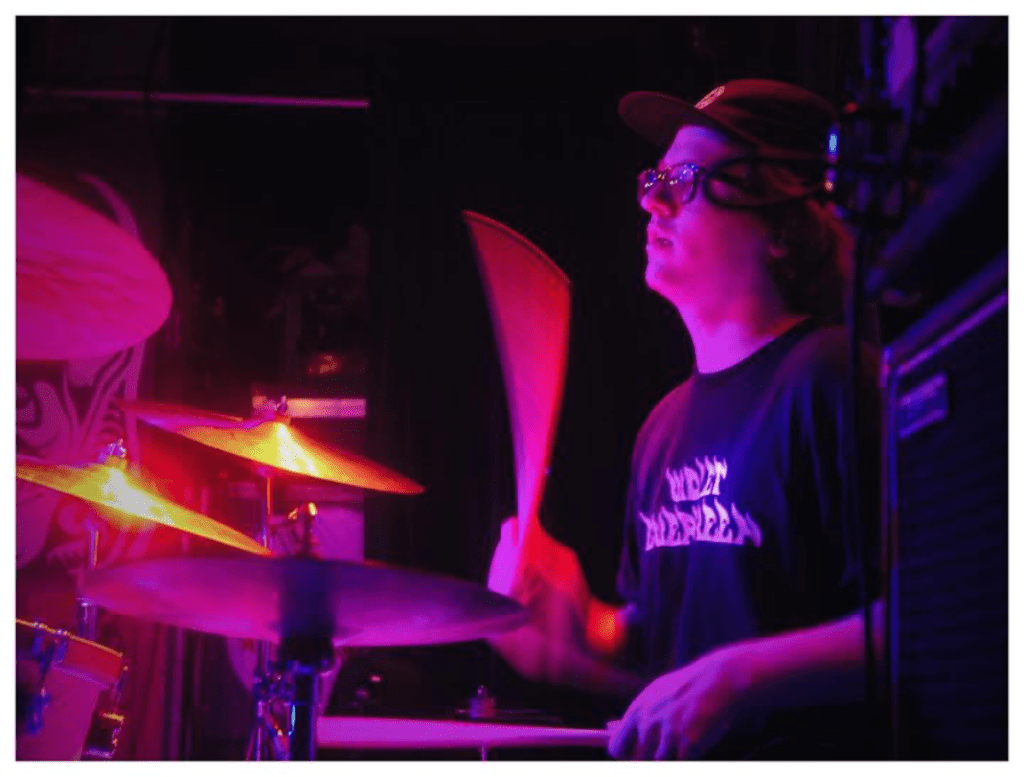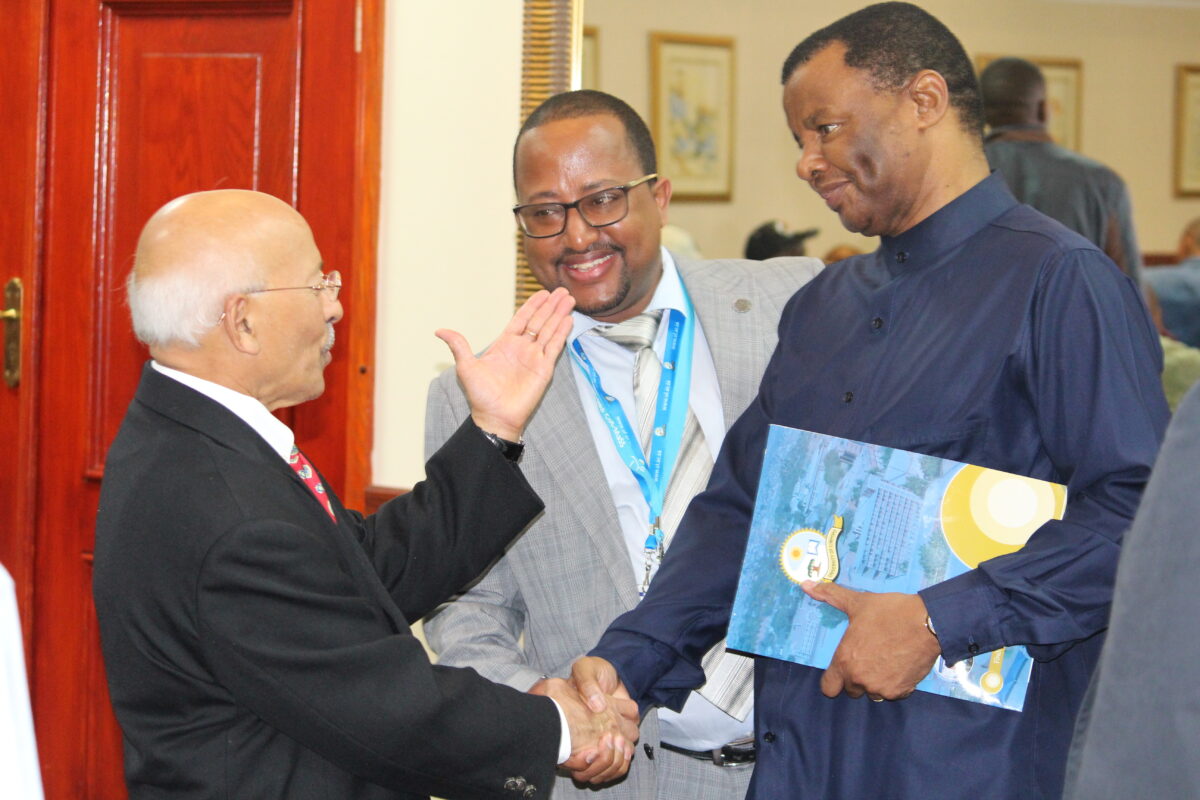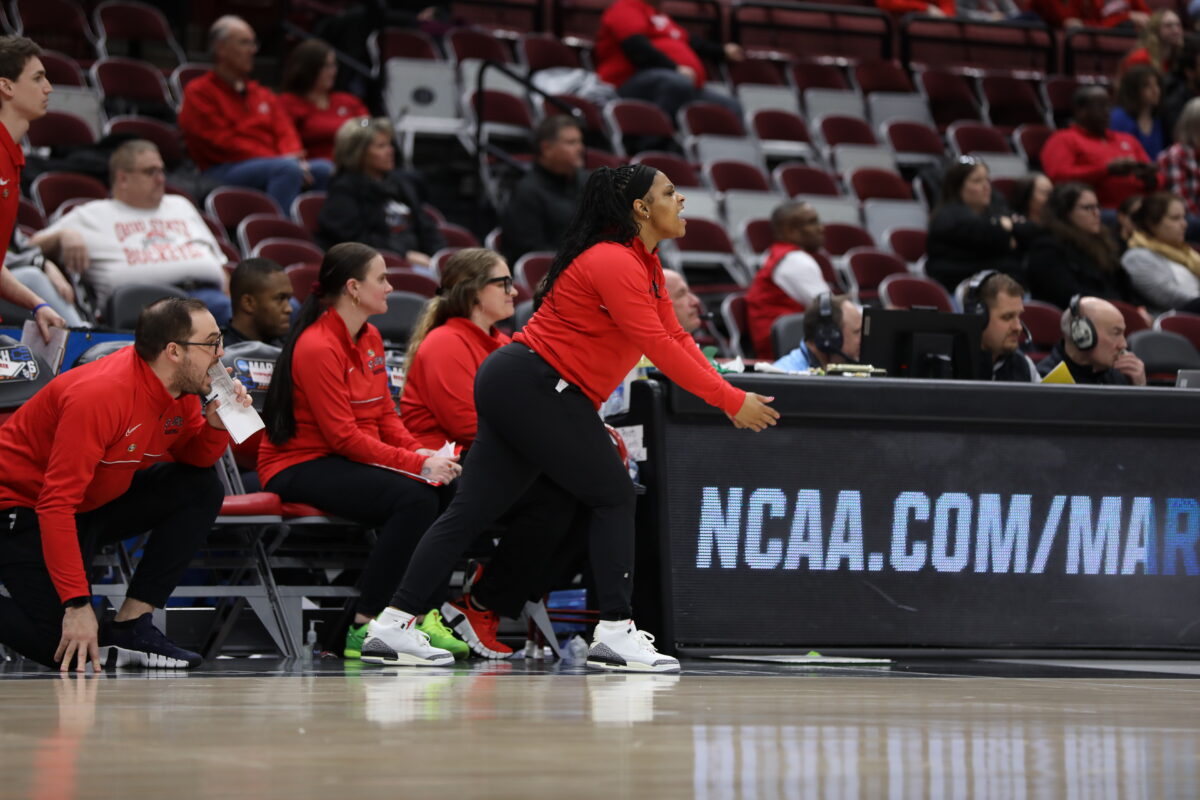The Tweet Science
UMBC Assistant Professor of Sociology Zeynep Tufekci is not a big fan of technology for its own sake. But if a new electronic gadget helps her get through the day more easily, she is all for it.
The best technology not only solves human problems, but it can actually change our world, Tufekci says. And she has become one of the country’s most called-upon academic experts in explaining how new technologies of social networking—such as Facebook and Twitter—are changing the way we live. The New York Times, the Philadelphia Inquirer and other media outlets have interviewed Tufekci about social networking.
Social networking is becoming an increasingly large part of our lives. Facebook alone reports having over 200 million users.
“People wonder why these technologies spread so much,” Tufekci says. “It’s kind of like asking: ‘Why do people like foods that are high in salt and sugar?’ Being deeply social is part of being human. It is part of your biology.”
Tufekci studies how social networking blurs the boundaries between public and private spaces. Her work spans multiple disciplines – sociology, social psychology, computer science, psychology, anthropology and communications.
“My work doesn’t fit into an existing discipline. It’s fairly grounded in sociology, but it has been very interdisciplinary,” she says.
At present, Tufekci is working up an academic review that she hopes will explain how social networks fit in the larger picture of how people have traditionally related to one another. For Tufekci, the use of social-networking services represents a return, in at least some aspects, to a time when we lived in smaller and more close-knit communities.
Only in the past 150 years or so have the vast majority of people left their villages to live and work in larger cities, she notes. Such moves to larger urban centers have brought about a sense of isolation and even alienation, to judge from popular analysis from books such as 1950’s Lonely in the Crowd (written by David Riesman, Nathan Glazer and Reuel Denney) and 1956’s The Organization Man (William Whyte).
In many ways, Tufekci says, the social-networking sites are returning elements of this older way of living to us, for better and for worse.
“That is the kind of environment our species has lived in for the past 100,000 years,” Tufekci says. “We’re not going back to the village, but we’re bringing back some of its aspects. I want to explain why this is an important development in human history. The questions on the table are not trivial.”
This is an excerpt from a UMBC Magazine article by Joab Jackson ‘90. Click here to read the full article.
(10/13/09)




